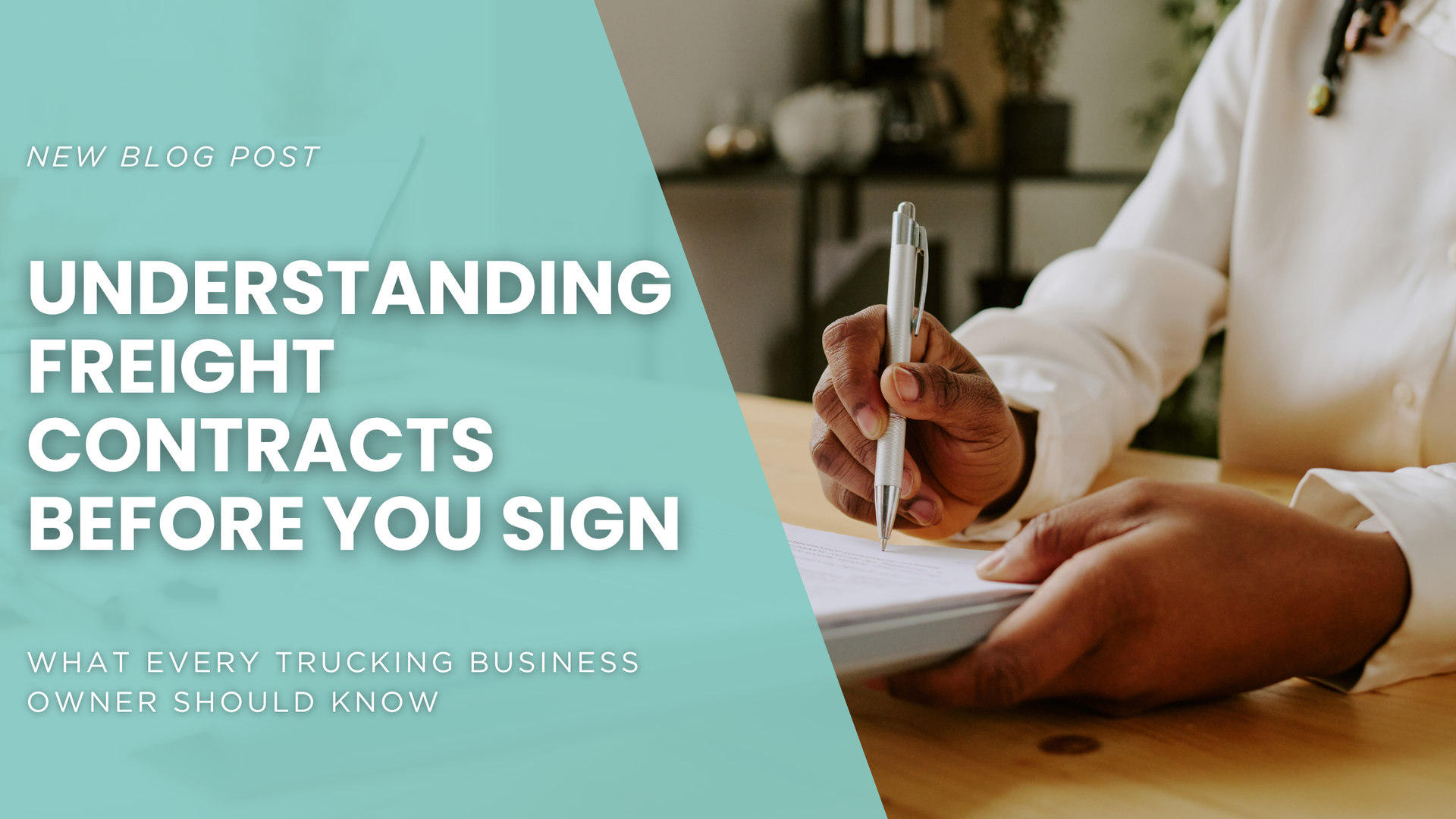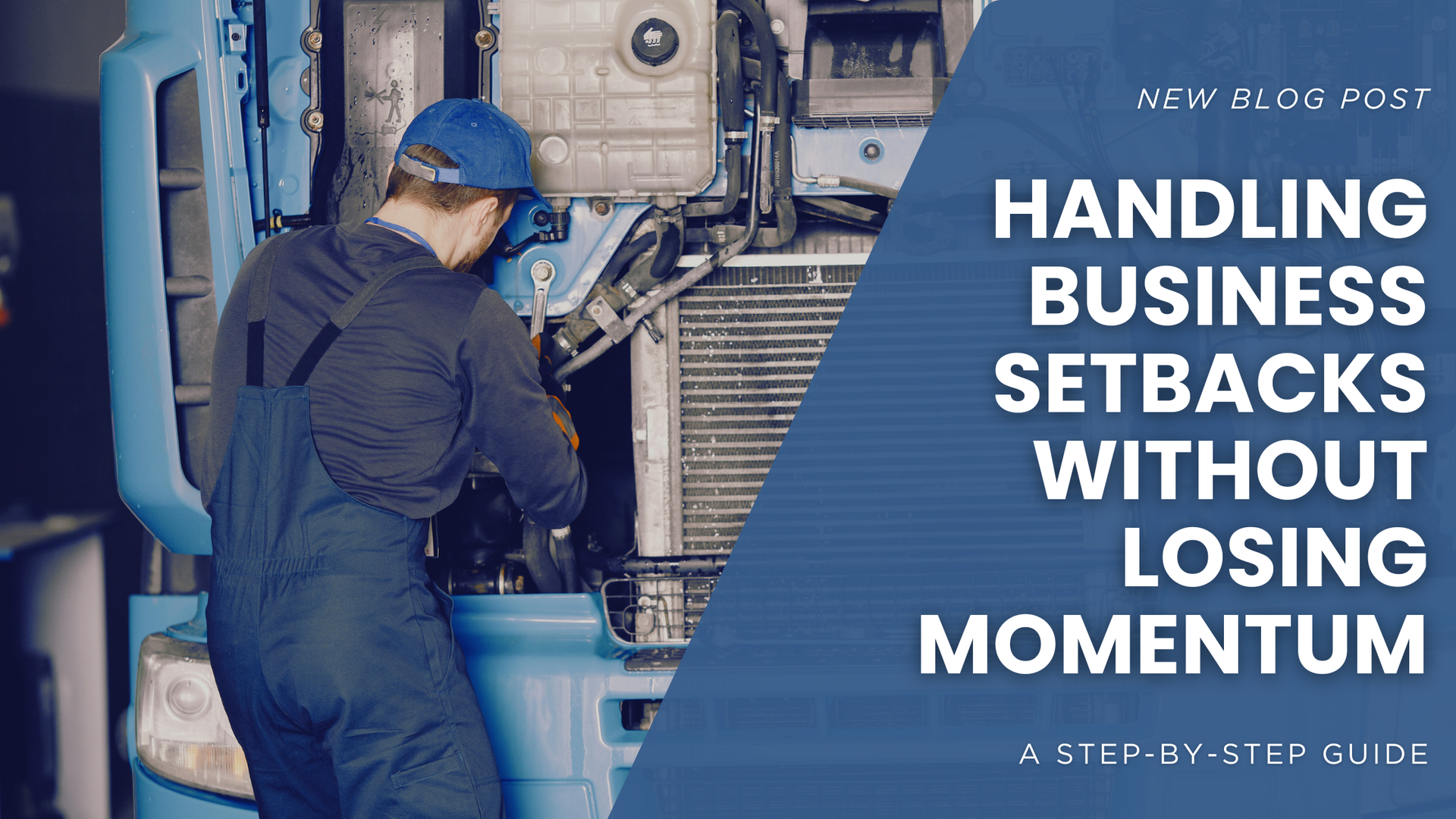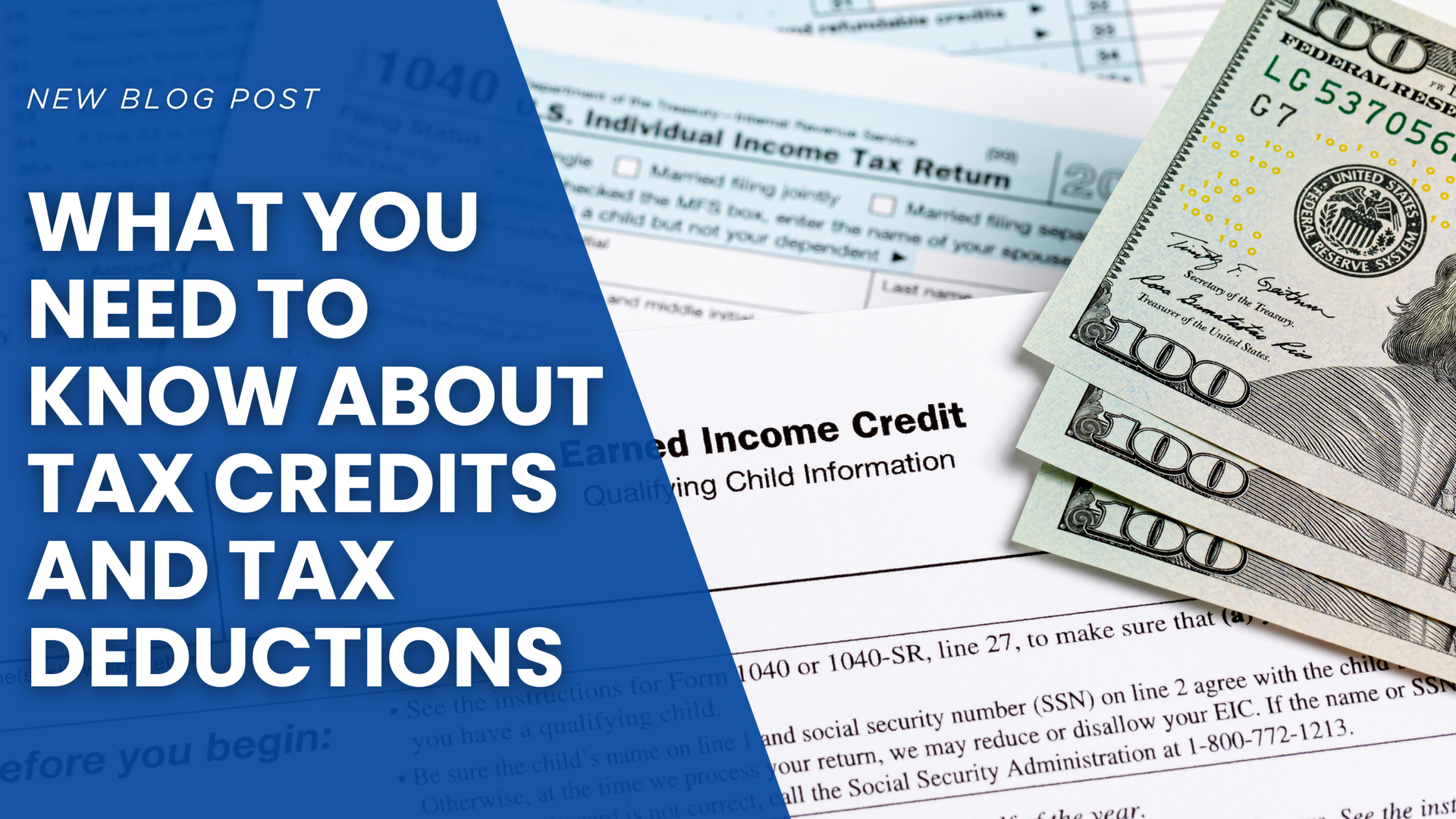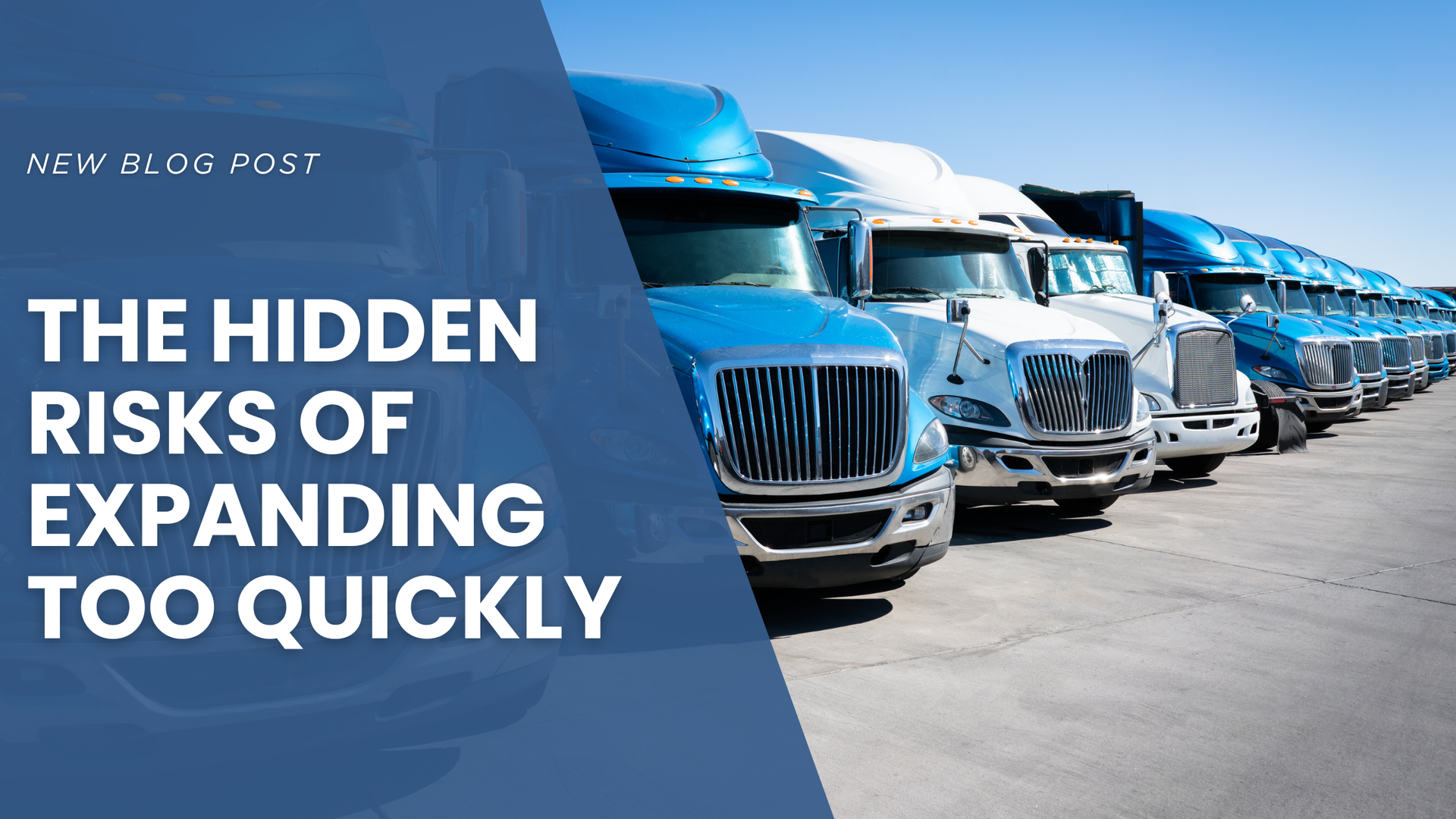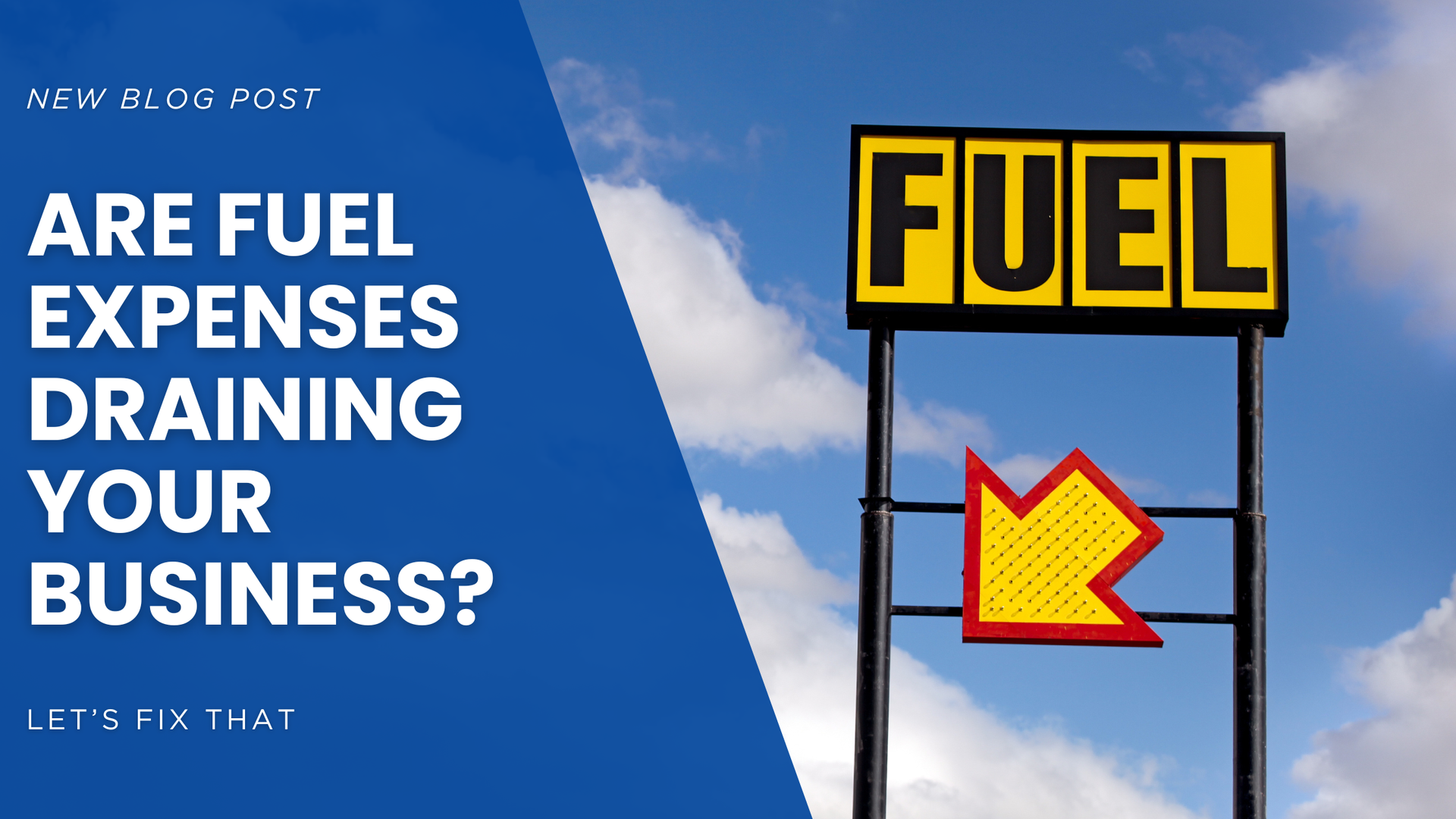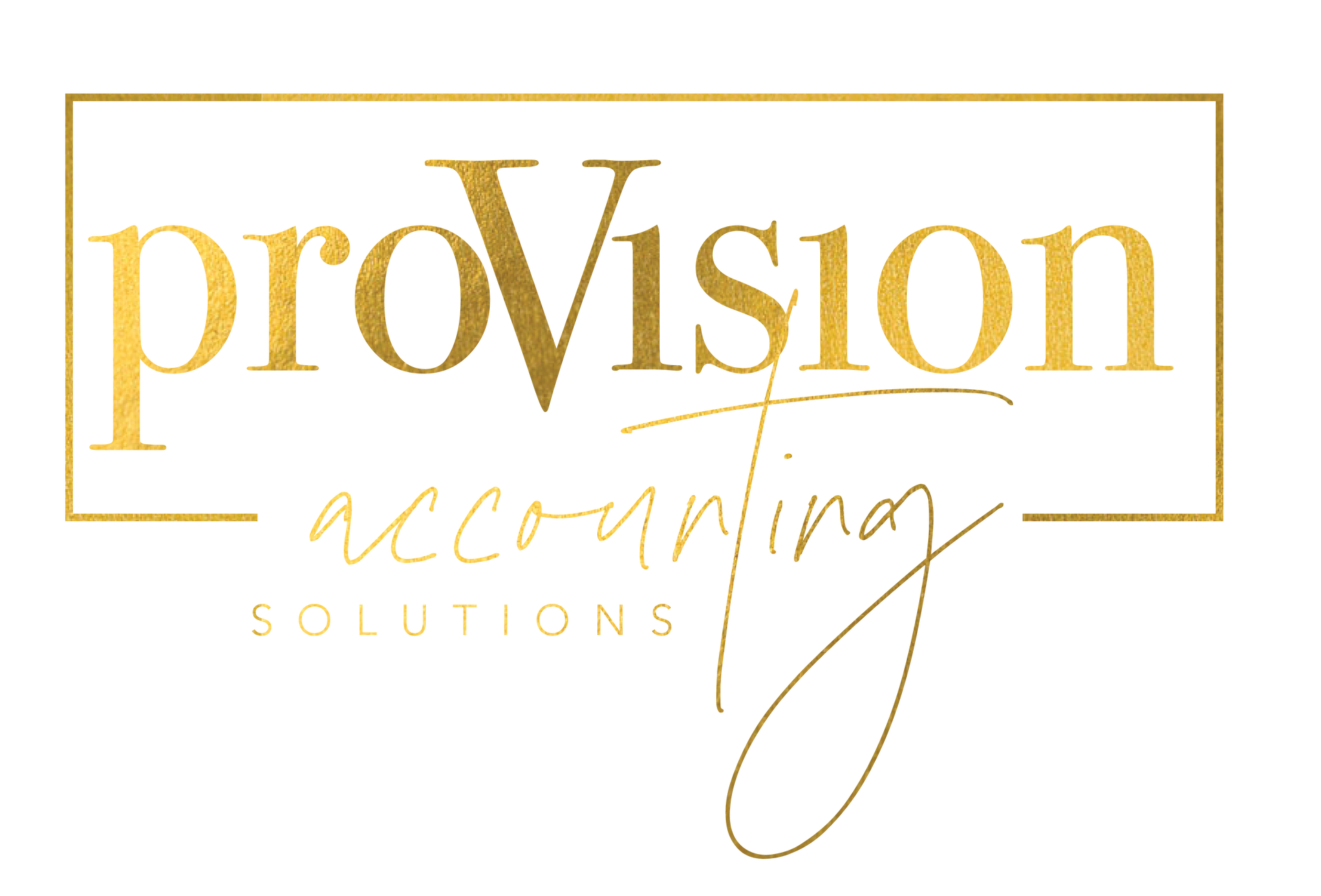
Federal Taxes: The Big Picture
At the federal level, the IRS wants a share of your business earnings.
Here’s what most trucking businesses need to keep in mind:
- Income Taxes – If you’re an owner-operator or run your own trucking company, you’ll pay federal income tax on your profits. Depending on your business structure, this can look very different.
- Self-Employment Taxes – Trucking is often self-employment, which means paying into Social Security and Medicare. This is on top of income tax.
- Quarterly Estimated Payments – Because you don’t usually have taxes withheld like W-2 employees, the IRS expects you to send in payments every quarter. Miss these deadlines and you could face penalties.
- Excise Taxes – Heavy Highway Vehicle Use Tax (HVUT) applies if your truck is 55,000 pounds or more. This is an annual federal requirement for most trucking businesses.
State Taxes: The Local Angle
Every state sets its own tax rules. If your trucking business operates across state lines, you may have multiple state obligations—not just the one where your company is registered.
Common state-level taxes include:
- State Income Tax: Some states (like Texas or Florida) don’t have it, but most do. If you operate or live in a state with income tax, you’ll need to file there.
- Fuel Taxes: Truckers are no strangers to fuel taxes, which vary by state. The International Fuel Tax Agreement (IFTA) helps simplify this by requiring a single quarterly report instead of separate filings for each state.
- Business Taxes and Fees: Many states require annual fees, franchise taxes, or business privilege taxes—even if you don’t make much profit that year.
- Sales and Use Taxes: Depending on your state, certain equipment, parts, or services you purchase may be subject to sales or use taxes.
Need help getting organized for the tax season ahead? Let's chat!
How State and Federal Taxes Overlap
One of the trickiest parts of trucking is that your business doesn’t stay put—it’s mobile. Crossing state lines means you’re subject to federal rules and each state’s rules.
For example:
- You may owe federal income tax on all your earnings.
- At the same time, you may owe state income tax where your business is based.
- On top of that, you must keep track of miles driven in each state for IFTA reporting.
This makes record-keeping essential. Poor tracking of miles, expenses, or receipts could cause you to pay more than you should—or land you in hot water with auditors.
Why This Matters for Your Business
Getting state vs. federal taxes wrong isn’t just an accounting headache—it can impact your profit margins and growth. Overpay, and you’re giving away money you could reinvest in your fleet. Underpay, and you risk penalties that eat into cash flow.
By staying on top of both levels of taxation, you protect your business from surprises and position yourself for long-term success.
The Bottom Line
State and federal taxes each play a different role, but together they shape the financial health of your trucking business. The key is to:
- Track your income and expenses carefully
- Stay on top of filing deadlines
- Understand your obligations in every state where you operate
- Work with an accountant who specializes in trucking to avoid costly mistakes
If you’re unsure about your state or federal tax obligations, now’s the time to get clarity.
Click here to book your free call with me today. The right guidance can keep more money in your pocket and keep your trucks moving without financial roadblocks.

